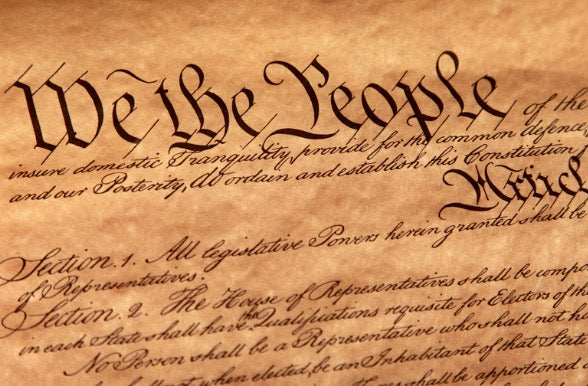
United Commonwealths of America
Share
State v. Commonwealth
The United States is made up of individual states, each with its own government, laws, and identity. However, some states refer to themselves as commonwealths, leading to questions about whether this designation carries a legal distinction. This article explores the difference between a state and a commonwealth within the United States and why certain states use this terminology.
In the United States, a commonwealth is a state that has chosen to use the term for historical reasons rather than legal distinctions. There is no functional difference between a state and a commonwealth under U.S. law. The term "commonwealth" reflects the historical and cultural identity of the state rather than any difference in governance.
Background
When the original thirteen colonies declared independence from Britain, they formed a new nation based on self-governance and individual state sovereignty. Each of these colonies transitioned into states, joining together under the U.S. Constitution while maintaining their own governments. Some states later adopted the term commonwealth to signify their commitment to the well-being of their citizens.

Four states in the United States officially designate themselves as commonwealths: Kentucky, Massachusetts, Pennsylvania, and Virginia. Despite this designation, these states operate the same as other states in terms of their legal standing, representation in Congress, and governance structures. The term "commonwealth" in these states does not grant them any additional powers or privileges.
The states that identify as commonwealths did so as a way to emphasize their government’s commitment to serving the common good. Historically, the term commonwealth was associated with a government formed by the people for the benefit of all. While this term was significant during the founding era, today, it remains a symbolic distinction rather than a legal one.
Summary
While the term commonwealth may suggest a unique political status, in the United States, it carries no legal difference from other states. The four states that use this designation do so purely for historical and traditional reasons rather than governance structure.

Once a state adopts the term commonwealth, it retains that designation, but it does not impact its authority or operations. Regardless of whether a state calls itself a state or a commonwealth, it remains fully integrated into the federal system of government.
Final Thoughts
At WaveRocket, we celebrate the rich history and identity of every state—whether it's called a state or a commonwealth. Our high-quality T-shirts capture the spirit of America with thought-provoking and humorous designs that inspire pride.
Explore our other articles on American history, government, and culture to learn more. Check out our latest posts here: WaveRocket Posts
by Roger Culpepper
